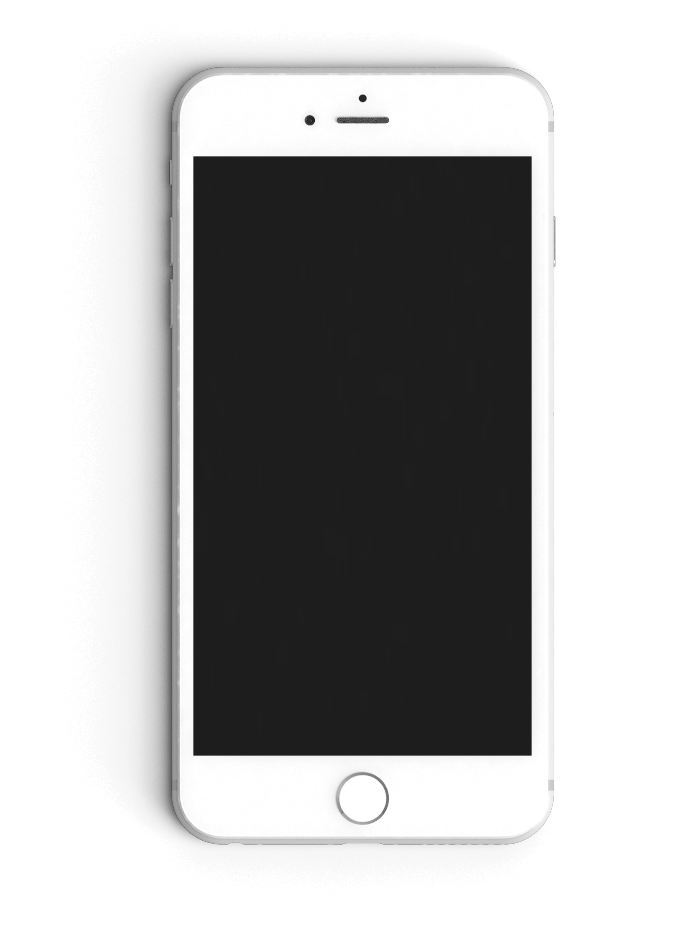Technology: How anything said or any information on a cell phone can and will be used in a court of law.
Technology: a U.S. Supreme Court hot issue
The U.S. Supreme Court is currently reviewing two cases dealing with the search and seizure of arrestees’ cell phones and which rule of law should be applied to information found on their cell phones. The Justices are likely grappling with the issues of privacy afforded to citizens under the Fourth Amendment and the power police officers have to preserve evidence relevant to the charged crime.
Technology May Not be your friend in the court of law
A potentially greater problem is realized when one considers the unlimited power of technology. Gone are the days where computers stayed at one’s home and personal information was kept in the bedside drawer. We carry our smartphones everywhere we go, and on these devices is every detail of our lives.
For the everyday person, we expect that our pictures, text messages, call histories and Internet searches will not be subject to review by the government. Not only do we appreciate our privacy, we expect it. However, when a police officer has probable cause to believe one has committed a crime, they can seize an individual and preserve evidence against them – including items found in their possession.
A Pew Research Center survey revealed that 90% of Americans own or regularly use a smartphone. Clearly, the ubiquitous nature of the information found on smartphones could make accessing potentially incriminating information as easy as a swipe of the thumb for police.
At issue: should law enforcement be required to obtain a search warrant to review cell phone contents
The main issue in two cases under review by the U.S. Supreme Court is whether the police should be required to obtain a search warrant to review the contents on a cell phone. From the Court’s remarks and questions during oral arguments, it seems as if the majority wants to treat cell phones differently than wallets, glove compartments and purses.
The problem the Court faces is how to articulate a rule of law that differentiates cell phones from other items and keep intact decades of case law allowing for the searches of one’s person subject to an arrest. According to their statements, it does not seem as if the Justices support a bright-line rule of seize and hold, which would require a warrant in every circumstance. Thus, we may end up with a rule of law landing somewhere in the middle. Where, depending on the situation, police may or may not have to obtain a search warrant for a cell phone.
STAY SAFE OUT THERE
Both U.S. Supreme Court decisions are expected at the end of June. The cases are United States v. Wurie and Riley v California. Until then, assert your privacy and lock your cell phones. Stay tuned for a report on the decisions coming down the pike.
READ THE RULINGS
Criminal Law Blogs
→ BLOG: A BIG Change to Expungement Laws in Tennessee
→ BLOG: Confidential Informants and the Law
→ BLOG: Marijuana Evidence Suppressed
→ BLOG: Tennessee Sentencing Guidelines
→ BLOG: Felony Sentencing Guidelines in Tennessee

